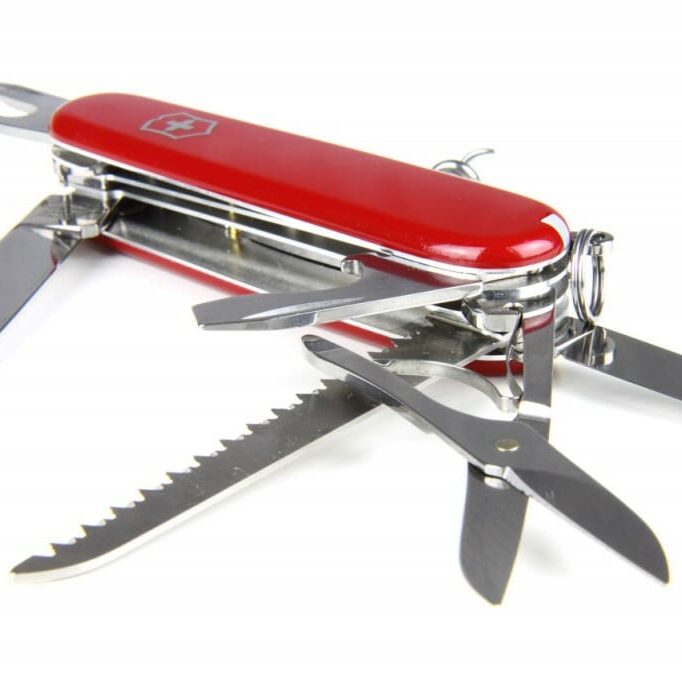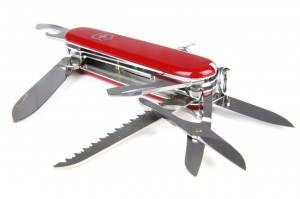
 Even if you don’t believe that the world’s going to end on Dec. 21, 2012, our current lifestyle is something to worry about; dependence on oil, technology and other outside sources for survival is not permanently sustainable. Five hundred years ago, if you didn’t know how to cook, clean, mend clothes, chop wood and build a fire, you were going to be hungry, naked and cold—unless you were uncommonly wealthy. In 2012, food can be found by pushing some buttons on the microwave (or the phone), clothes are mass-produced and cheap (assuming you’re not fussy about brand), and for most, heat is a matter of tapping a button; the basic necessities of survival are provided for us.
Even if you don’t believe that the world’s going to end on Dec. 21, 2012, our current lifestyle is something to worry about; dependence on oil, technology and other outside sources for survival is not permanently sustainable. Five hundred years ago, if you didn’t know how to cook, clean, mend clothes, chop wood and build a fire, you were going to be hungry, naked and cold—unless you were uncommonly wealthy. In 2012, food can be found by pushing some buttons on the microwave (or the phone), clothes are mass-produced and cheap (assuming you’re not fussy about brand), and for most, heat is a matter of tapping a button; the basic necessities of survival are provided for us.
We take technology for granted. We rely on it for everything, and often assume it will always be there for us. But who remembers “The Great Northeast Blackout of 2003″? This massive power outage stretched across southeast Canada and the northeast USA, leaving approximately 50 million people without power for up to two days. This blackout caused $6 billion damage and 11 people died as a result. This much devastation was caused by just two days without electricity! During the blackout there was looting, mass hysteria, a state of emergency was declared – people simply didn’t know how to function. The very infrastructure of the cities in which people lived was so dependent on electricity that life came to a screeching halt and panic ensued when that system failed – there was no backup plan.
So how do we avoid this kind of chaos in the future? Some basic emergency preparedness skills are a good way to start. Here’s what everyone should know how to do/have on hand in the event of a natural disaster/apocalypse/zombie uprising.
1. A Good Emergency Kit: Let’s face it, Halifax is at risk for hurricanes, and hurricanes can cause problems. Having a well-stocked emergency kit in your home can save you a lot of headaches if a natural disaster strikes. An emergency kit should include: two litres of water per person, per day (that’s a lot – stock up), a stash of non-perishable food such as energy bars, canned food (and a can opener), dried foods like fruit and nuts, a flashlight and spare batteries, a basic first aid kit, special needs items (like prescription medication), spare keys for your home and car (if you have one), some cash in small bills, change for payphones, and a contact list in case you lose your contacts in your cell phone.
2. Know the Risks for Your Region: The government website has a list of important information about natural disasters that’s organized by region. Visit: http://www.getprepared.gc.ca/knw/region/ns-eng.aspx for more information specific to Nova Scotia, and familiarize yourself with the important safety information that it lists.
3. Learn Some Basic Skills: If you didn’t spend your childhood going to summer camp, you may not know how to build a fire. The best way to learn as an adult? YouTube it, while we still have power. There’s no shortage of options if you search for “How to build a fire”. Another skill everyone should have is basic first aid. Universities often offer free first aid training for students, so talk to the student affairs office to find out if any classes are coming up.
If you’re not equipped to handle life without electricity, you don’t stand a chance in the (zombie?) apocalypse. Prepare yourself.






